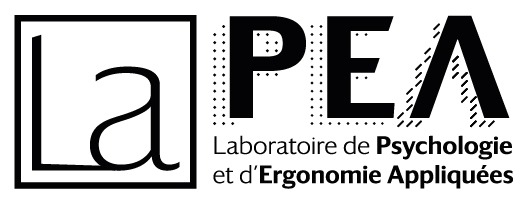This presentation will outline a comprehensive framework of job-engagement based on COR theory.
Jeudi 21 septembre 2023
Résumé :
This presentation will outline a comprehensive framework of job-engagement based on COR theory. Both burnout and job-engagement are multifaceted phenomena revolving around intrinsic energy resources, or vigor. Cognitive and behavioral inclinations, such as behavioral inhibition versus approach orientation, are considered to be close co-travelers. Burnout results from a slow, stressful process of resource bleed out that is not counterbalanced by resource gains, thus accumulating to significant losses. In contrast it is proposed that job-engagement is the result of the inverted process of real or anticipated resource gains. Gains become significant if they feed into peoples’ primary resources, which are essential for survival or relate to basic needs, but they must also support peoples’ psychological resources of sense of efficacy, self-esteem, and sense of success.
COR theory emphasizes that changes in resource levels are the principle axis by which job-engagement process (and burnout) are activated and sustained, or inhibited and curtailed. This means that, no matter how excellent people’s performance, just staying the course without generating further gains is not expected to be very engaging. In such cases, people need to take investment risks in order to initiate further positive changes. Based in this idea a new framework is proposed for boosting engagement at work based on general principles of COR theory, called striving for dynamic stability and tolerance for failure. The starting point for this framework is creativity and innovativeness as key to job-engagement. The building blocks are flexibility, balance, diversity, interdependence, loyalty, trust and tolerance for failure. We emphasize that these building blocks are important resources on both individual and environmental level, that need to fit together in order to activate and sustain engagement processes. Synergy between individuals, teams and the organization needs to be emphasized where possible, which keeps the focus on strengths and resource gain. Hopefully our framework provides an impetus for extending current job-engagement research towards original dynamic multi-level investigations.
Biosketch du chercheur:
Stevan E. Hobfoll, Ph.D., ABPP, has authored and edited 14 books, including Traumatic Stress, The Ecology of Stress, Stress Culture and Community, and Tribalism: The Evolutionary Origins of Fear Politics. In addition, he has authored over 300 journal articles, book chapters, and technical reports. He has been a frequent workshop leader on stress, war, and terrorism, stress and health, and organizational stress. He has received over $18 million in research grants on stress. He was Distinguished Professor of Psychology at Kent State University and Presidential Professor of Behavioral Sciences, Medicine, Preventive Medicine and Nursing at Rush University Medical Center.
Dr. Hobfoll headed NATO workshops and co-chaired the APA National Commission on Stress and War during Operation Desert Storm, guiding policy about the treatment of U.S. military personnel and their families. He was a member of Disaster Mental Health Subcommittee: National Biodefense Science Board (NBSB) for the U.S. Department of Health and Human Services. In the wake of the November 2009 terrorist attack on Fort Hood, Dr. Hobfoll was engaged by the U.S. Army as a principal consultant for recovery and resiliency for Fort Hood and the surrounding community. His Conservation of Resources theory has been adopted as a basis for the U.S. Marine Corp’s stress manual and by the senior-most planning elements of the U.S. military forces for their understanding of stress and resilience in U.S. Forces. Finally, his Five Principles of Mass Casualty Intervention has become the world standard for organizing and guiding the response to mass casualty and mass stress events (e.g., refugee flight and adaptation), adopted by the World Health Organization, the International Red Cross and Red Crescent Societies, and countries and NGOs around the world.
Dr. Hobfoll has been honored with multiple lifetime achievement awards for work on traumatic stress, and work on stress and health. He is currently in private practice, focusing on treatment of traumatic stress and forensic evaluation in the Salt Lake area and Chicago (h-index 89; 5600 citations, 4-21).
Liens vers papiers ou site du chercheur :
https://www.researchgate.net/profile/Stevan-Hobfoll-2
À lire aussi
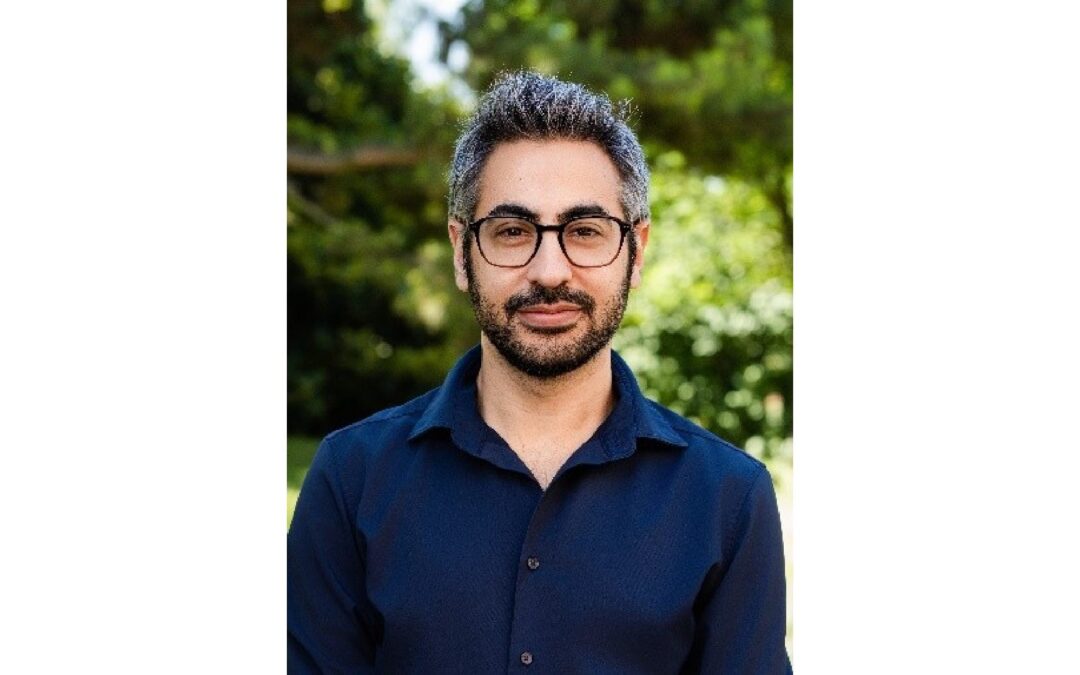
Anthony Lantian (Université Paris Nanterre) : Croyances aux théories du complot : rôle des motivations existentielles et épistémiques, et liens avec la stigmatisation
Jeudi 19 mars 2026 à 10h30. © Résumé : Cette présentation propose une série d’études visant à mieux comprendre les croyances aux théories du complot. Je commencerai par examiner les motivations existentielles, notamment les effets de la perte de sens et de...
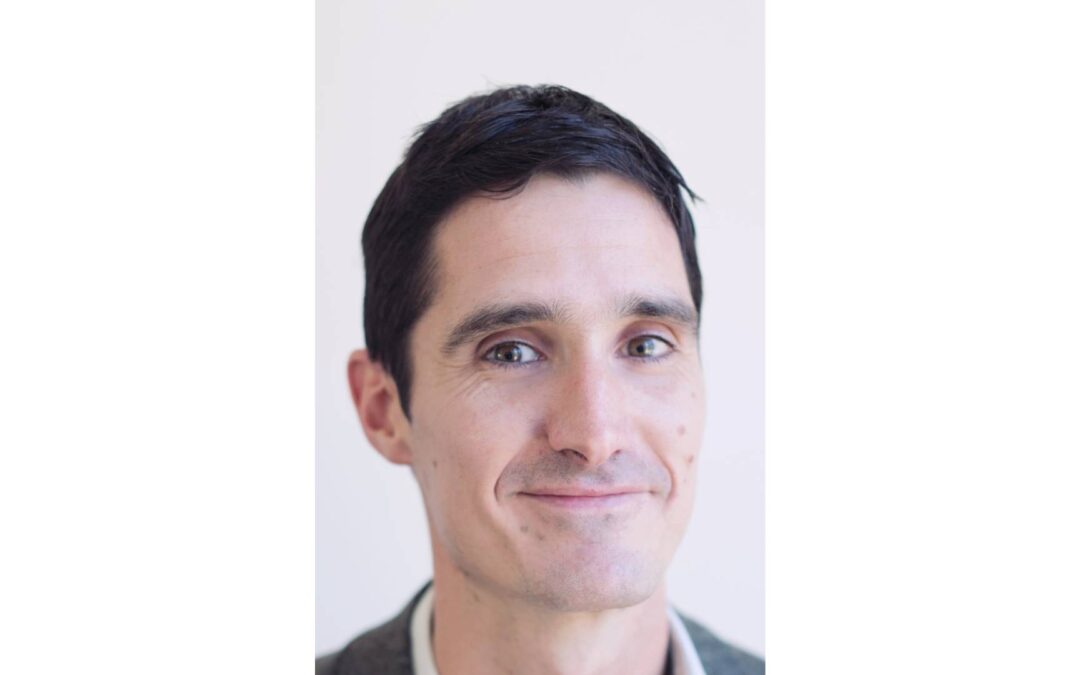
Gael Brulé : Le coût environnemental du bonheur
Jeudi 29 janvier 2026 à 10h30. © Résumé : Objectif de vie pour tout un chacun, démonstration de puissance pour l’État, le bonheur fait l’objet de nombreux classements. Les indicateurs utilisés résultent toutefois de constructions fondées sur différentes idées...
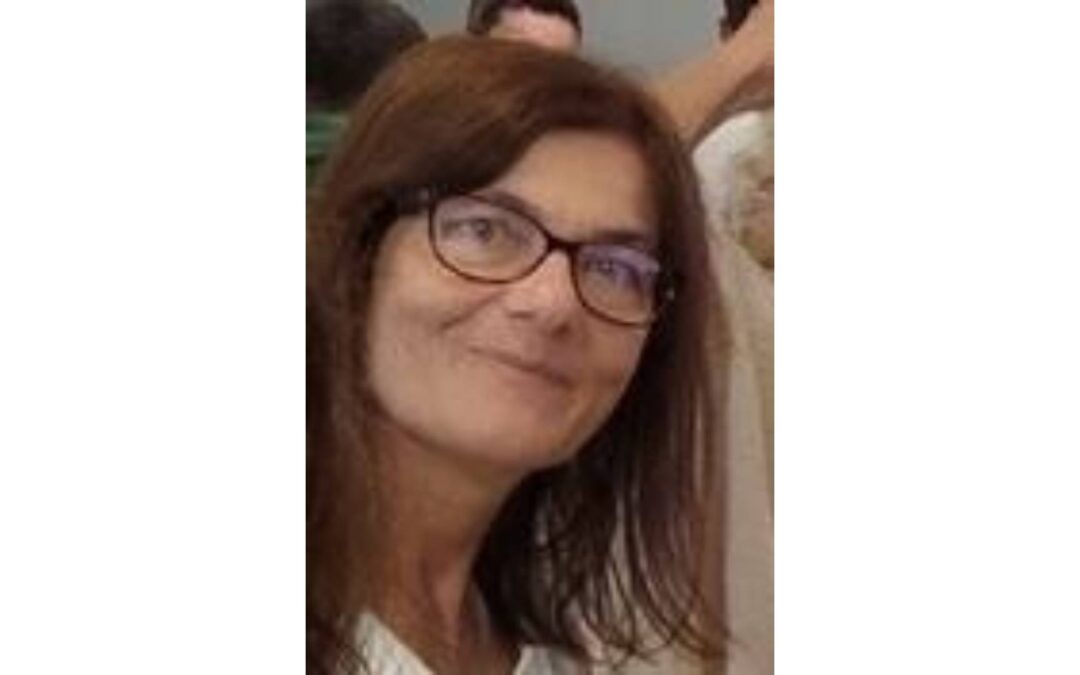
Hélène Sauzéon (Université de Bordeaux) : Les motivations intrinsèques comme principes de conception des technologies numériques pour la cognition.
Jeudi 20 novembre 2025 à 10h30 en 2011. © Résumé : Les théories psychomotivationnelles, comme celle de l’autodétermination (Ryan & Deci, 2000) placent l’agentivité comme pilier du développement à tous les âges de la vie à travers notamment l’expression de...
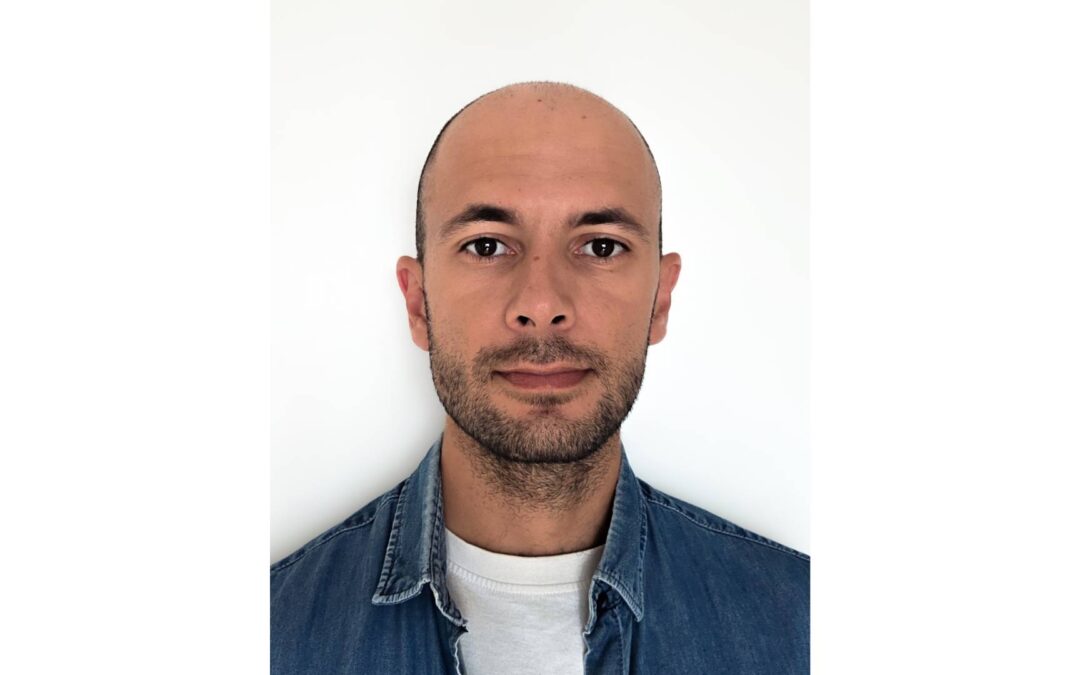
Samy Chikhi :”Mesurer et moduler la gestion des ressources cognitives”
Jeudi 25 septembre 2025 à 10h30 en 2011. © Résumé : Le système cognitif humain est limité dans ses capacités de traitement, ce qui entrave notre capacité à intégrer et manipuler l’information et affecte la qualité des décisions prises. Le concept de charge...
